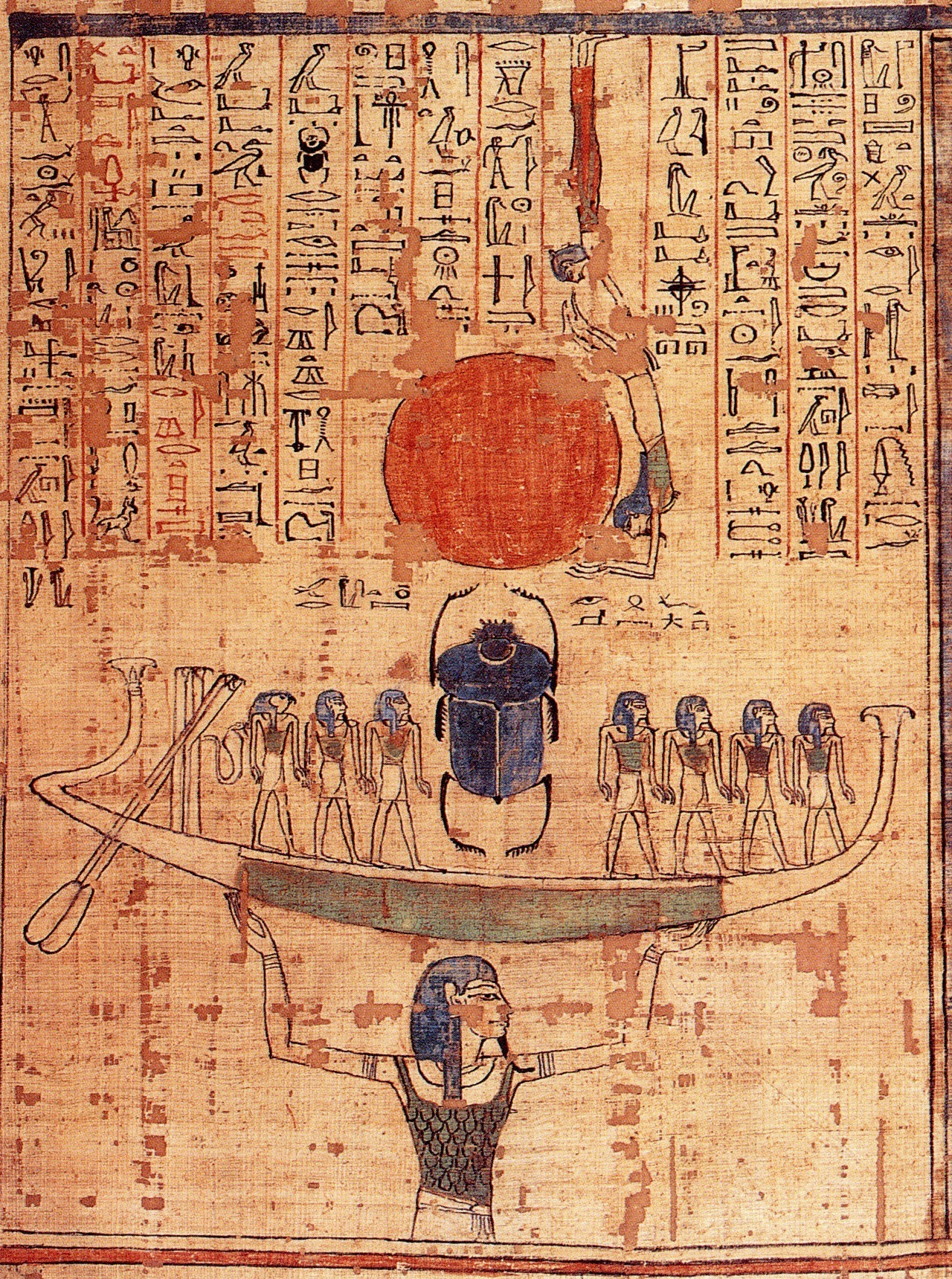|
Chenti-cheti
In Egyptian mythology, Khenti-kheti (also spelt Chenti-cheti), was a crocodile- god, though he was later represented as a falcon-god. His name means "foremost retreater". Origin & Evolution At earlier times, he was the crocodile god of the region called Athribis in Lower Egypt. This is why, in Egyptian history, he has often been associated with Sebek and is said to be ''The'' ''Owner of Athribis''. However, during the New Kingdom, he was shown to be related to Horus Horus or Heru, Hor, Har in Ancient Egyptian, is one of the most significant ancient Egyptian deities who served many functions, most notably as god of kingship and the sky. He was worshipped from at least the late prehistoric Egypt until the P ... and was shaped like a hawk. At that time his name was ''Horas Khenti-Kheti.'' Legend He could take the form of a giant black bull, named Kemwer. He was later replaced by Osiris, also known as "Osiris, who lived in Athribis". References Egyptian gods Falcon d ... [...More Info...] [...Related Items...] OR: [Wikipedia] [Google] [Baidu] |
Egyptian Mythology
Egyptian mythology is the collection of myths from ancient Egypt, which describe the actions of the Egyptian gods as a means of understanding the world around them. The beliefs that these myths express are an important part of ancient Egyptian religion. Myths appear frequently in Egyptian writings and art, particularly in short stories and in religious material such as hymns, ritual texts, funerary texts, and temple decoration. These sources rarely contain a complete account of a myth and often describe only brief fragments. Inspired by the cycles of nature, the Egyptians saw time in the present as a series of recurring patterns, whereas the earliest periods of time were linear. Myths are set in these earliest times, and myth sets the pattern for the cycles of the present. Present events repeat the events of myth, and in doing so renew ''maat'', the fundamental order of the universe. Amongst the most important episodes from the mythic past are the creation myths, in which the ... [...More Info...] [...Related Items...] OR: [Wikipedia] [Google] [Baidu] |
New Kingdom Of Egypt
The New Kingdom, also referred to as the Egyptian Empire, is the period in ancient Egyptian history between the sixteenth century BC and the eleventh century BC, covering the Eighteenth, Nineteenth, and Twentieth dynasties of Egypt. Radiocarbon dating places the beginning of the New Kingdom between 1570 BC and 1544 BC. The New Kingdom followed the Second Intermediate Period and was succeeded by the Third Intermediate Period. It was Egypt's most prosperous time and marked the peak of its power. The concept of a "New Kingdom" as one of three "golden ages" was coined in 1845 by German Egyptologist Baron von Bunsen, and its definition would evolve significantly throughout the nineteenth and twentieth centuries. The later part of this period, under the Nineteenth and Twentieth dynasties (1292–1069 BC), is also known as the ''Ramesside period''. It is named after the eleven pharaohs who took the name Ramesses, after Ramesses I, the founder of the Nineteenth Dynasty. Possibly ... [...More Info...] [...Related Items...] OR: [Wikipedia] [Google] [Baidu] |
